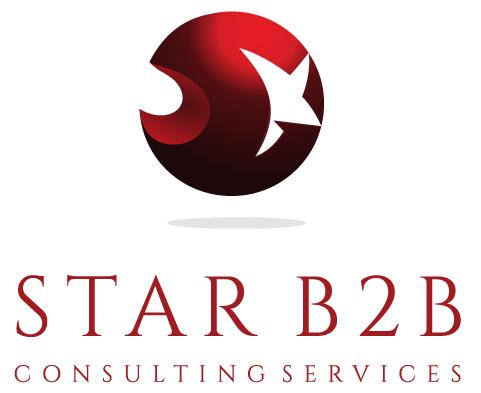
The Evolution of Spend Management: Navigating Past, Present, and Future
- Home
- The Evolution of Spend Management: Navigating Past, Present, and Future

Introduction:
In the rapidly evolving business world, spend management has transitioned from a back-office function to a strategic cornerstone vital for organizational success. This journey hasn’t just been about changes in practices, but a complete shift in mindset and technology. Let’s explore this transformative path and envision the future of spend management.
The Past: Manual Processes and Limited Visibility
Initially, spend management was predominantly manual, characterized by paper-based processes, minimal data analysis, and reactive strategies. Businesses operate in silos, often resulting in untracked expenses and inefficiencies. The focus was more on cost-cutting than on strategic spending.
The Present: Integration and Technology Advancements
Today, spend management is more integrated and technology-driven. The emergence of cloud-based platforms, AI, and machine learning has revolutionized this function. Real-time data analytics and automated procurement processes enable more informed decision-making. The focus has shifted from mere cost reduction to value creation, efficiency, and compliance.
Key Trends:
Automation and AI: Automation in spend analysis and procurement processes reduces manual errors and enhances efficiency.
Data-Driven Strategies: Leveraging big data for insights into spending patterns helps businesses optimize their expenses and procurement strategies.
Sustainability and Ethical Spending: There’s an increasing emphasis on sustainable and ethical procurement practices, aligning with global environmental and social governance (ESG) initiatives.
The Future: Predictive Analytics and Collaborative Networks
As we look ahead, spend management is poised to become even more strategic and forward-thinking.
Predictive Analytics: Advanced AI models will not only analyze past spending but also predict future trends and suggest optimal procurement strategies.
Blockchain in Procurement: Blockchain technology might revolutionize vendor relationships, ensuring transparency and efficiency.
Collaborative Networks: The future will see greater collaboration between departments and external suppliers, facilitated by digital platforms, fostering a holistic approach to spend management.
Conclusion:
The evolution of spend management reflects the dynamic nature of business operations and the continuous drive towards efficiency and strategic growth. As businesses adapt to these changes, they are set to benefit from more streamlined operations, improved bottom lines, and sustainable practices. The future of spend management is not just about technology; it’s about strategic thinking and collaborative action.



